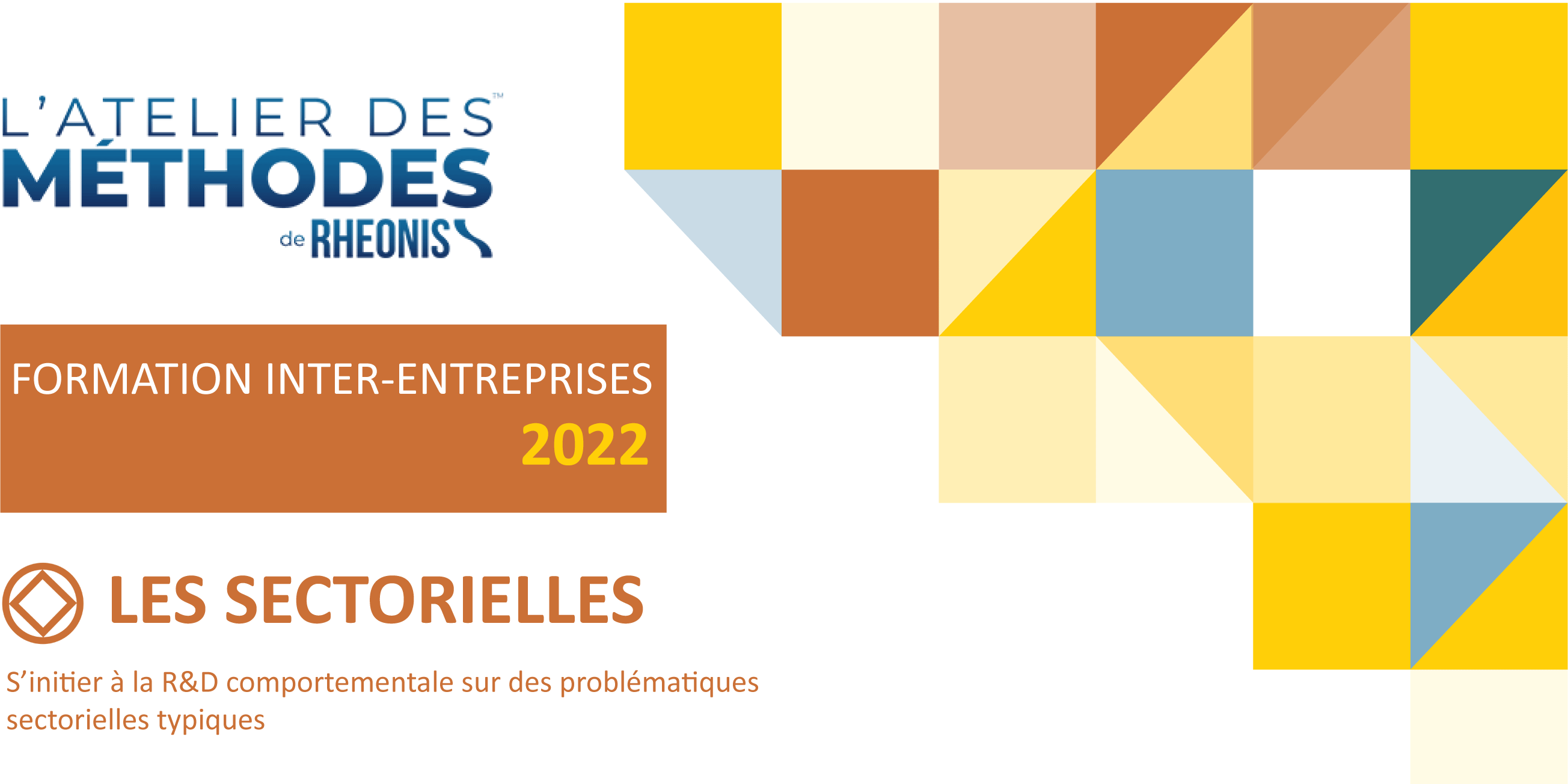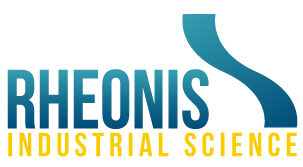
S01 – Develop a behavioral R&D study on a rheometer for the food, cosmetics or pharmaceutical industries
2 days – 14 p.m.
March 22-23, 2022
Grenoble
€1 excl. tax/share.
(Lunches included)
Objectives
During this two-day advanced training, participants will learn how to develop Behavioral R&D approaches on a rheometer for common products in the agri-food, cosmetics or pharmaceutical sectors and the issues associated with their usual implementation contexts (mixed, pumping, dosage and other process or application of interest to participants). Participants will learn to:
- Analyze a problem of behavior or transformation of materials of the type gel, emulsion, dough, from the angle of the industrial phenomenology
- Determine the approaches of interest according to the context and the instrumental tools
- Handle the main settings of rheometric techniques, understand the measured parameters and their relationship to empirical behaviors
- Interpret measurement data with regard to a problem
Level
Improvement
Target audience & Pre-requisites
- Players in the agri-food, cosmetics and pharmaceutical sectors
Engineer / Technician of R&D / Innovation / Laboratory services
Prerequisites: Industrial R&D experience
Participation in P01 or P02 recommended
10 people max
Program
INDUSTRIAL PHENOMENOLOGY OF GELIFIED PRODUCTS, PASTY, EMULSIONS, SUSPENSIONS (Day 1 – 9h/12h)
- Understand the properties, mechanisms and structures associated with the behaviors and transformations of formulated products and their sensitivity to the conditions of implementation
- Identify the material/implementation conditions couplings associated with common industrial processes and the associated phenomena
- Anticipate possible influencing factors and behaviors to be quantified
- Analyze the contributions and limits of usual practices in R&D, industrialization, problem solving, etc.
DEVELOPING A BEHAVIORAL R&D APPROACH (Day 1 – 14pm-17pm)
- Start from the context and question the available information
- Evaluate the contributions and limits of the usual techniques and measures in relation to the issues, phenomena and behaviors of interest
- Estimate the thermomechanical constraints associated with the implementation (thermal, shear, kinetic, etc.)
- Determine the degrees of freedom in the face of problems and the appropriate means for the instrumental study of representative parameters and influencing factors
- Building an R&D study approach
PUT INTO ACTION (Day 2 – 9am-12pm – 14pm-17pm)
- Discovery of the approach on rheometric instrumentation on case study: Rheology of emulsion – Texture and TPA – Thermomechanical behavior of gelled products – Stability of suspensions
- Data analysis
- Interpretation and use of measurement data according to the objectives
Teaching methods
Synchronous face-to-face training using a pedagogical approach combining presentation, questions/answers, quizzes, group work and practice on instrumentation
Face-to-face training
Delivery of presentation materials in paper version
Video projection presentation
Concrete case studies and elements from the literature
Discussions and questions/answers
Quiz/MCQ on an interactive digital tool
Assessment methods
Prior assessment of expectations and self-assessment
Entrance knowledge assessment
Quiz/MCQ in progress and at the end of the training
Satisfaction questionnaire
Certificate of attendance given at the end of the training
Terms of access and registration
Mandatory pre-registration - possible up to 10 days before the training date.
Click here for practical information (Possible accommodation, GCS, Rules of Procedure, etc.)
Accessibility for people with disabilities
Reception of people with disabilities under conditions. Please contact our Handicap Referent, Vincent Billot-Ridet at 04.76.54.33.33 or at contact[at]rheonis.com.
For any questions, you can contact us at 04.76.54.33.33 or by email
Last Updated on February 14, 2022 by Vincent Billot
